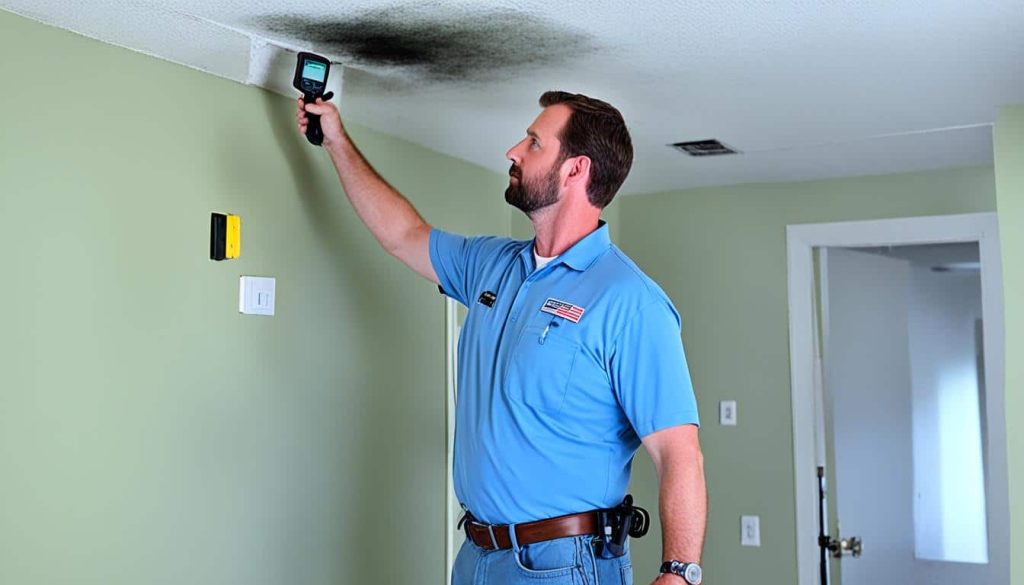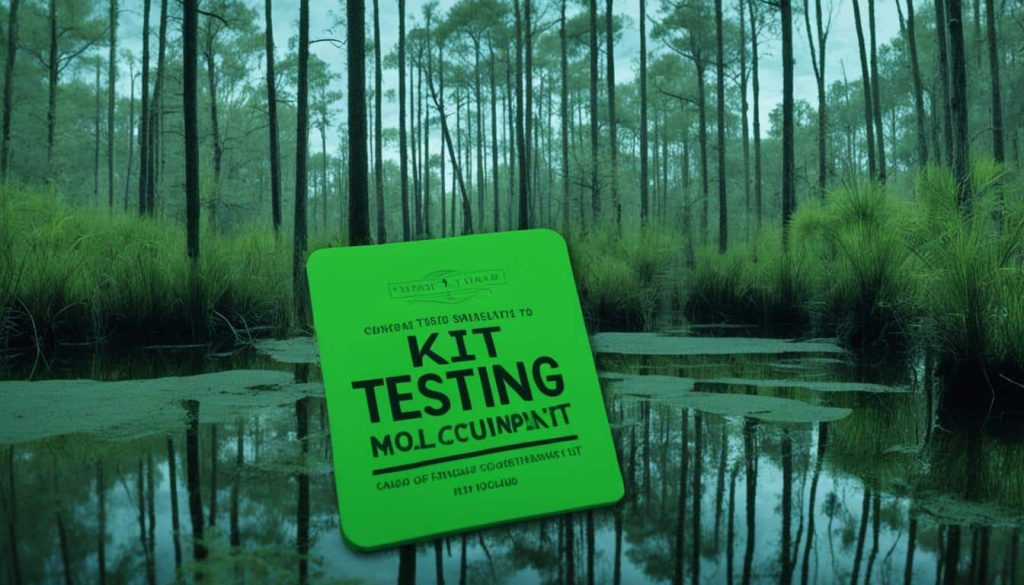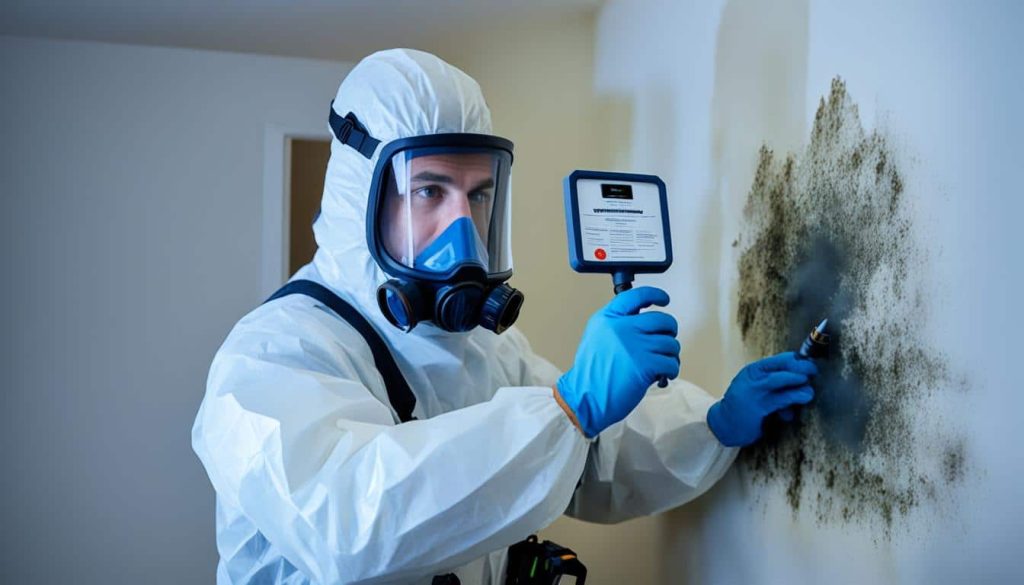When it comes to maintaining a healthy living or working environment, understanding the impact of Mold Testing is crucial. Mold testing plays a vital role in identifying the presence of mold, understanding its type, and determining the potential health risks associated with it. Whether in a residential or commercial setting, accurate mold testing can help address air quality concerns and ensure the well-being of occupants.
Array of Solutions, a trusted name in mold removal in Greenville South Carolina since 2007, stands ready to tackle your mold woes. With our expert mold inspection Greenville services and EPA-Registered credentials, we’re equipped to detect, remove, and prevent mold growth in your home or business.
Table of Contents
The Importance of Mold Testing
Mold is a common problem that can affect various types of properties, but its impact on air quality is often underestimated. Mold spores are microscopic and can easily become airborne, potentially leading to a range of health issues. Testing for mold involves more than just a visual inspection; it requires a thorough analysis to identify the type and extent of mold present, which is crucial for effective remediation.

Why Mold Testing Matters
- Identifying the Source of Mold: Mold testing helps determine the source of the mold, which is essential for addressing the root cause of the problem. Mold growth is often a result of underlying moisture issues, and identifying these issues is key to preventing future mold growth. Testing can pinpoint whether the mold is coming from a hidden source, such as within walls or under flooring.
- Understanding Health Risks: Mold can pose various health risks, especially for individuals with respiratory conditions, allergies, or weakened immune systems. By identifying the specific type of mold, testing can provide insight into the potential health risks associated with exposure. This information is crucial for taking appropriate action to protect the health of occupants.
- Guiding Remediation Efforts: Effective mold remediation requires accurate information about the type and extent of mold contamination. Testing results help create a comprehensive remediation plan tailored to the specific needs of the property. This ensures that all affected areas are properly addressed and that the mold issue is resolved thoroughly.
The Mold Testing Process
The mold testing process typically involves several steps to ensure accurate results and effective remediation:
- Visual Inspection: A thorough visual inspection of the property is conducted to identify any visible signs of mold growth or water damage. This initial assessment helps guide the testing process.
- Air Sampling: Air samples are collected to measure the concentration of mold spores in the air. This helps determine the extent of mold contamination and whether it is affecting indoor air quality.
- Surface Sampling: Surface samples are taken from areas where mold is visibly growing or where there are concerns about hidden mold. These samples are analyzed to identify the type of mold present.
- Lab Analysis: The collected samples are sent to a certified laboratory for analysis. The lab results provide detailed information about the type and concentration of mold, helping to inform the remediation plan.
- Assessment and Recommendations: Based on the lab results, a detailed assessment is made to determine the appropriate remediation steps. Recommendations are provided to address the mold issue and prevent future growth.
Addressing Health Issues Related to Mold
Mold can lead to a variety of health issues, ranging from mild to severe. Common symptoms associated with mold exposure include:
- Respiratory Distress: Difficulty breathing, coughing, and wheezing.
- Hay Fever: Sneezing, nasal congestion, and itchy eyes.
- Fatigue: Persistent tiredness and lack of energy.
- Skin Rashes: Itchy or irritated skin.
- Allergy-Type Issues: General allergic reactions, including itchy throat and watery eyes.
If you or a loved one is experiencing these symptoms and suspect that mold might be the cause, it is crucial to seek professional mold testing and remediation. Early detection and treatment can help prevent long-term health issues and ensure a safe and healthy environment.

Conclusion
Mold testing is a critical step in understanding and addressing mold-related health issues. By identifying the presence and type of mold, testing provides valuable information that guides effective remediation efforts and protects the health of occupants. If you suspect mold in your home or business, don’t hesitate to seek professional help to ensure that the issue is properly addressed and that your environment remains safe and healthy.

